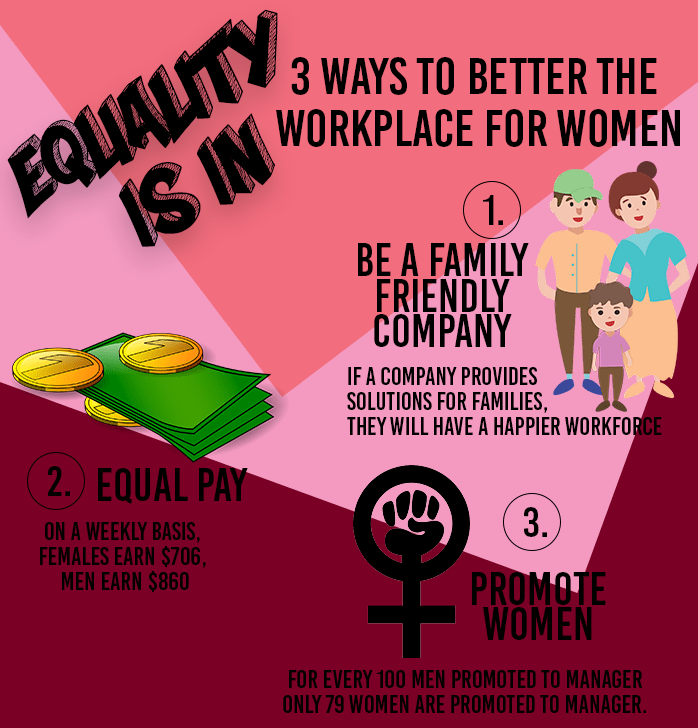The Marie Kondo Effect – Spring Cleaning Edition
Spring is here! Have you started your spring cleaning? If not, watch “Tidying Up with Marie Kondo” on Netflix to get in the spirit. In the meantime, we’ve summarized some tips and tricks for getting organized and clean this spring.
I know two things in life. 1. Cleaning is one of the least exciting things ever. 2. Getting rid of things you might actually need down the road is a tough thing to do — what if you end up needing that $3 butterfly net you got at Goodwill 2 years ago? Chances are you probably won’t ever use it ever again but there’s always that “what if”.
“Tidying Up with Marie Kondo” helps us with that. The show is basically about a woman that goes around to people’s houses and helps them purge by dumping all their things on their beds and seeing which items still “spark joy”. If they don’t, to Goodwill they go. This not only works for your living space, but also for your car, your computer files, and of course, your work office!
So, why is spring cleaning beneficial?
Being busy in the 8-5 business world, I’m sure organizing your desk is one of the last things on your mind, but it can be really important for your success. Here are a couple reasons why you should spring clean your desk/office right this second:
-
It makes you more efficient.
When you have a place or file for everything you wont waste your time looking through piles of papers on your desk. Everything is right where it should be, and this keeps you at the top of your game.
-
Being unorganized is distracting.
If there are a lot of things on your desk, it’s easy to get distracted by old papers or old projects. There is also the factor that looking at your messy desk, and thinking about how you have a messy desk, is also distracting and wasting time. Having an unorganized desk makes for an unorganized mind.
-
It makes you appear more professional
. Someone who is a very professional person takes pride in appearing clean and organized, whether that be their outfit, makeup, hair, or even their desk. Look at your desk from a different perspective. What does the way it looks say about you?
-
Keeps important or sensitive information protected
. Being unorganized could leave you at risk for accidentally exposing delicate information that can easily be misplaced on a messy desktop. Keep all your sensitive information stored in a locked drawer.
-
More room to do your work
. It’s hard to do your work when every time you reach for a sip of water, you knock something off your desk. Having a clean workspace, gives you the space you need to be diligent.
-
Keeps you from getting sick!
Besides productivity reasons, having a tidy desk also allows you to clean your desktop. Did you know the average desk contains 400 more germs than a toilet seat? Get in the groove of cleaning it every Friday, and you’ll surely cut back the amount of office colds you’re exposed to.
What better time than spring to do a little cleaning? Set some time aside to go through your drawers, your computer files, and your desktop to see which items “spark joy” in you. If they don’t, it’s time to say goodbye.





